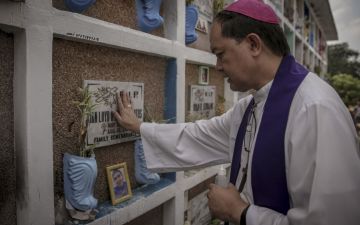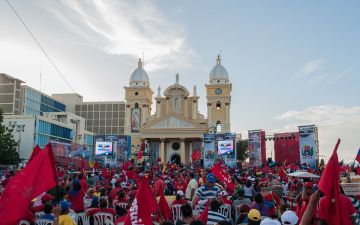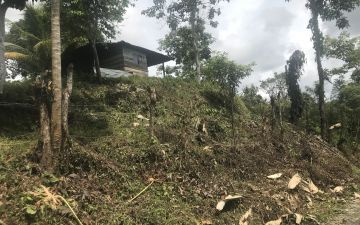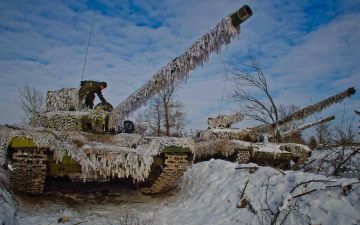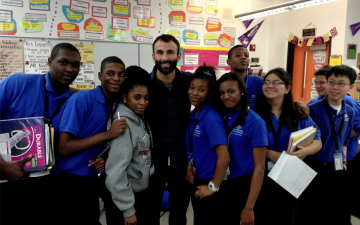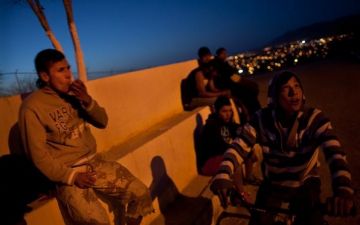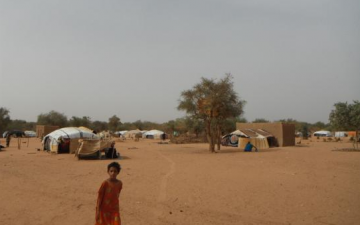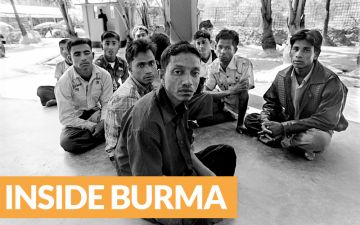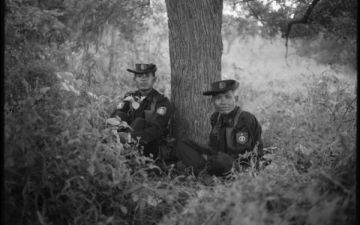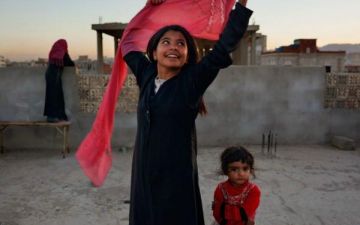Nearly 30 years after the Rwandan genocide, thousands of maimed amputees remind us of the war that took 500,000 lives in 100 days. War leaves marks that cannot be erased—not only in Rwanda, but on every continent.
Reporting from Conflict and Peacebuilding examines the roots of conflict, whether it be religious hatred, sectarian rivalry, a security vacuum, the struggle for natural resources, or the desperation that results from poverty.
Pulitzer Center journalists also cover war’s aftermath: the transitional governments that result in chaos, diplomacy that goes awry, peace talks that never end, and the people who suffer the consequences, young and old. We see the children who go hungry, lose their homes, leave school, become combatants, or join the jihad.
Often the end to conflict leaves turmoil in its wake while the road to peace seems circuitous: In South Sudan, rebel-commanders-turned politicians plunge the country into civil war. In the U.S., troops return home from one war only to be re-deployed to another. But everywhere, in every conflict, there are also voices crying out for peace, determined to heal the divide.

